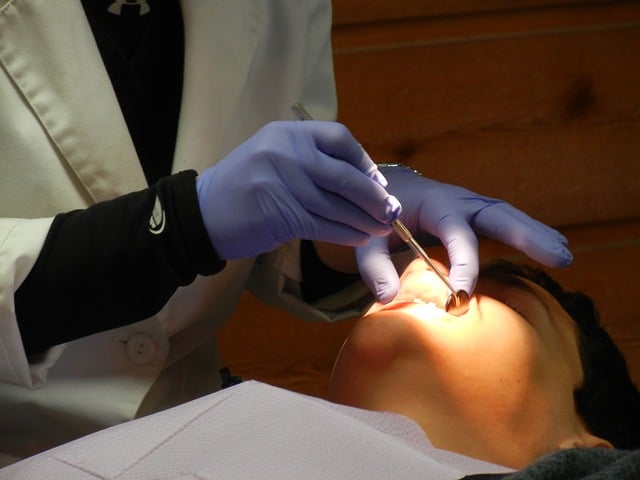What Is a Dental Hygienist?
A dental hygienist works with a dentist to provide preventative oral care. They clean patients’ teeth, examine their mouths for signs of problems, alert dentists to concerns about disease or damage, and teach people how to maintain good oral health. Dental hygienists differ from dental assistants in that they provide direct care and education to patients rather than performing assistive activities for the dentists and general office support. Dental hygienists often work with great autonomy, even as they are integrated into the dental office team.
What services dental hygienists can legally offer changes according to the state they are licensed to work in and the expectations of their employer. Dental hygienists potentially perform many functions within a dental office, which is where most dental hygienists work. Some may work in community outreach or schools. The following is a list of some essential job functions that prospective employers expect when hiring a new dental hygienist:
Job Outlook for a Dental Hygienist
The job outlook for dental hygienists is very positive. There are about 205,000 dental hygienists in the United States, and this number is expected to grow. Job growth in this field will outpace average job growth overall. It is expected that careers in dental hygiene will continue to grow by about 20 to 40% every ten years. Greater than 40,000 new jobs in dental hygiene are expected before 2026.
However, it should be noted that dental hygienists often work multiple part-time jobs to piece together a salary, with as many as half lacking full-time benefits. So although job demand is growing, there is some question whether there are enough full-time positions for dental hygienists to fill. Greater than half the current dental hygienists work part-time without benefits.
What Is a Dental Hygienist Salary?
In 2017, dental hygienist salary median pay was $74,070, and the dental hygienist salary range is from about $48,728 to $88,819 annually. On an hourly basis, dental hygienist makes a wage of about $30 to $40 per hour. Salary ranges vary depending on a lot of things including education, geographic location, additional skills, certifications, experience, and seniority.
Most dental hygienists begin their careers with an associate degree or a certificate, but adding on additional training beyond that will increase salaries dramatically. Experience levels seem to only mildly impact pay; entry-level dental hygienists earn about $63,000 annually and those with twenty years experience earn about $73,000 annually.
This is important to examine because the lack of a salary increase in the last twenty years will not bode well if it continues for another twenty years. Seniority seems to be key here, with dental hygienists who remain in one location being rewarded with higher pay, full-time work, and attractive benefits.
What Are the Pros and Cons of Being a Dental Hygienist?
Dental hygienists have good reason to like their jobs. They have almost-guaranteed employment with employment demands growing year by year. The dental hygienist salary is more than a fair living wage, and even at entry-level positions, they can expect a great dental hygienist salary. The job is usually rewarding and offers a chance to make a direct impact on the oral health and well-being of patients.
The school investment to become a dental hygienist is minimal with only an associate degree or certificate required to become licensed in most states. These certificates can be achieved through community college and technical schools, making them affordable and accessible. Flexibility in choosing full-time or part-time work is part of this career, and most dental hygienists will not work nights, weekends, or holidays.
There are only a few downsides of being a dental hygienist. The work is fairly repetitive from day to day, and there is not much variety in job options. The job requires the ability to get along with a variety of personalities often under stressful conditions. Unlike a more dynamic career, for example, nursing, where jobs can range in location, setting, environment, responsibilities, and skill sets, dental hygienists’ work is virtually the same day in and day out.
There are opportunities to advance into office management or specialize in fields such as pediatrics over time, but only for a fraction of dental hygienists. Most will work the same job on the day before retirement as they did their first day out of school. The other big downside is that to achieve that great dental hygienist salary, you must have a lot of experience and seniority, or piecemeal several part-time positions together.
Conclusion

Image by Michael Larsson from Pixabay
The appeal of the dental hygienist salary is further accentuated by a field easy to receive education in, easy to enter, possessing great job prospects both now and in the future, and with great flexibility for workers. If individuals do not mind the possibility of having to balance multiple part-time jobs, or the probability that their work will not change much over time, becoming a dental hygienist might be a great plan.
Featured Image by renatalferro from Pixabay
